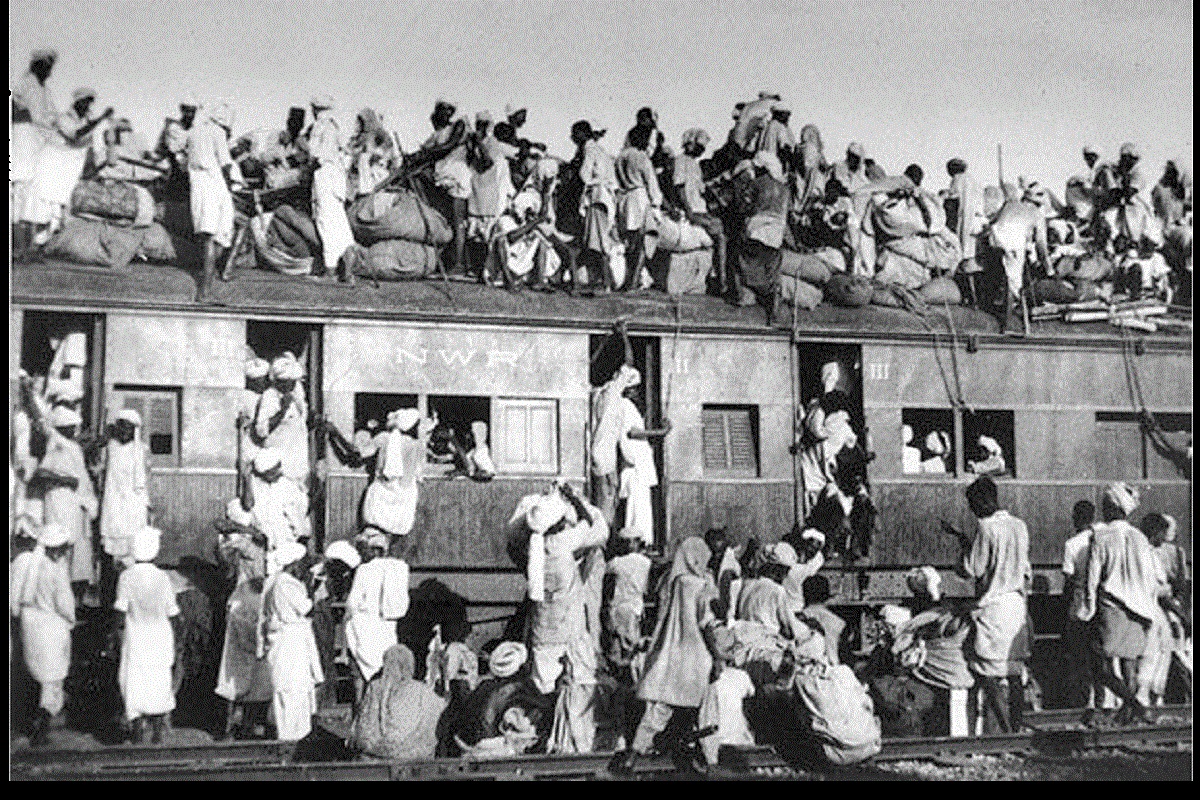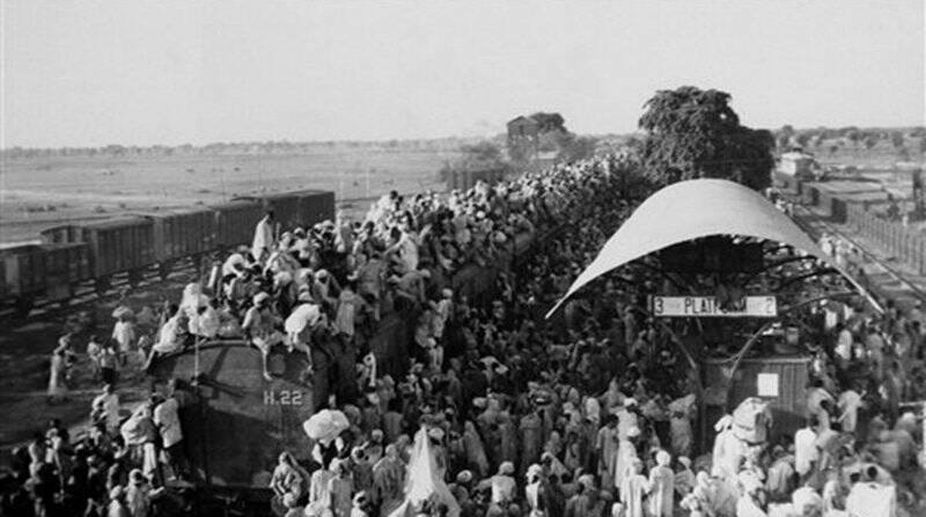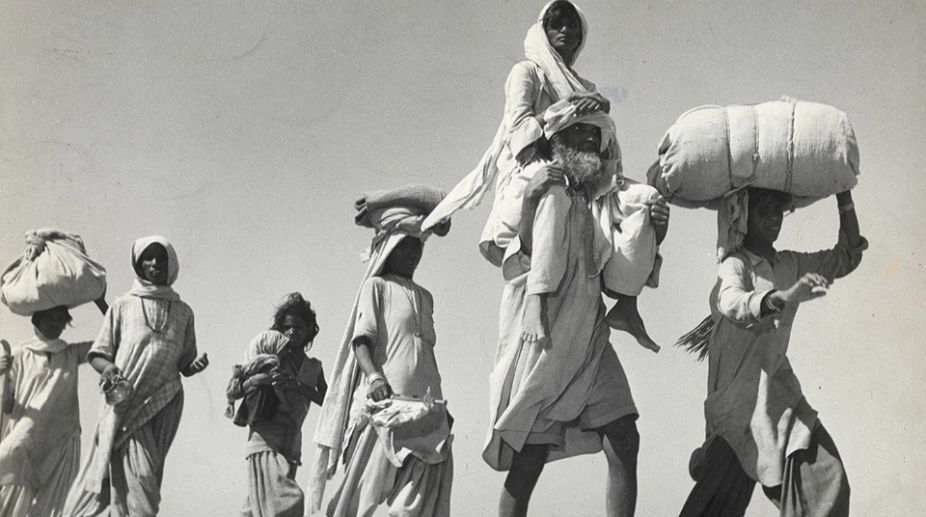It is good that this truth is coming out: PM Modi on film ‘The Sabarmati Report’
At least 59 people were killed in the Godhra train burning incident.
Relatives separated from their families could not be traced for years, and many reconciled to live without their loved ones. It was never confirmed whether people lost in the migration survived or were killed on the journeys.

The massive exchange of population that took place in the summer of 1947 was unprecedented. (Image: hamariweb.com)
Prime Minister Narendra Modi deserves the nation’s gratitude for declaring 14 August as ‘Partition Horrors Remembrance Day’ to remind the present and future generations of Indians of the pain and suffering faced by the people of India during the 1947 Partition.

India has had 14 Prime Ministers since Independence, but it goes to the credit of Modi to fully acknowledge the days of darkness the countrymen went through in August 1947, the month when India was divided into two independent states: Hindu-majority India and Muslim-majority Pakistan.

Lakhs of people were uprooted from their ancestral homes. Families of those fleeing from sudden communal attacks lost children or elders in the rush for safety. Refugee camps were set up quickly to provide shelter and food to the migrants, but people continued to suffer indignities and misery as the just-born state was still finding its feet to meet the unprecedented challenge.
Advertisement
There was a breakdown of law and order too. The partition of the Sub-continent was witness to one of the greatest migrations in human history, as millions of Hindus and Sikhs headed to India from Pakistan while millions of Muslims rushed in the opposite direction.
Relatives separated from their families could not be traced for years, and many reconciled to live without their loved ones. It was never confirmed whether people lost in the migration survived or were killed on the journeys.
The massacres began as soon as the British left India after 300 years. Across the sub-continent, communities which had lived in harmony for almost a millennium attacked each other in an outbreak of sectarian frenzy. Neighbours became enemies while friends became thirsty for each other’s blood.
In Punjab and Bengal, the two Indian states bordering West and East Pakistan respectively, the holocaust was the worst, with massacres, arson, forced conversions and mass abductions. Some 75000 women were raped, abducted or killed during the whole ordeal. By 1948, as the migration drew to a close, more than 15 million people had been uprooted, and between one and two million were dead.
The Statesman Newspaper: August 15, 1947
log on to https://t.co/xBHGCEcrf2 for more updates. pic.twitter.com/sl2MgC2Cvm— The Statesman (@TheStatesmanLtd) August 14, 2021
Therefore, as Indians, neither the present nor the future generation should forget the price it had to pay to achieve freedom. It’s also time to reflect on whether we have been able to overcome the barriers of caste, creed and religion as a nation during the last 74 years.
The Prime Minister’s thoughtful message on the eve of the Independence Day to observe 14 August as ‘Partition Horrors Remembrance Day’ will hopefully rekindle the spirit of patriotism and brotherhood among the people. Mindless hatred and violence in the name of caste or religion must end if we have to earn our rightful place in the comity of nations.
Advertisement